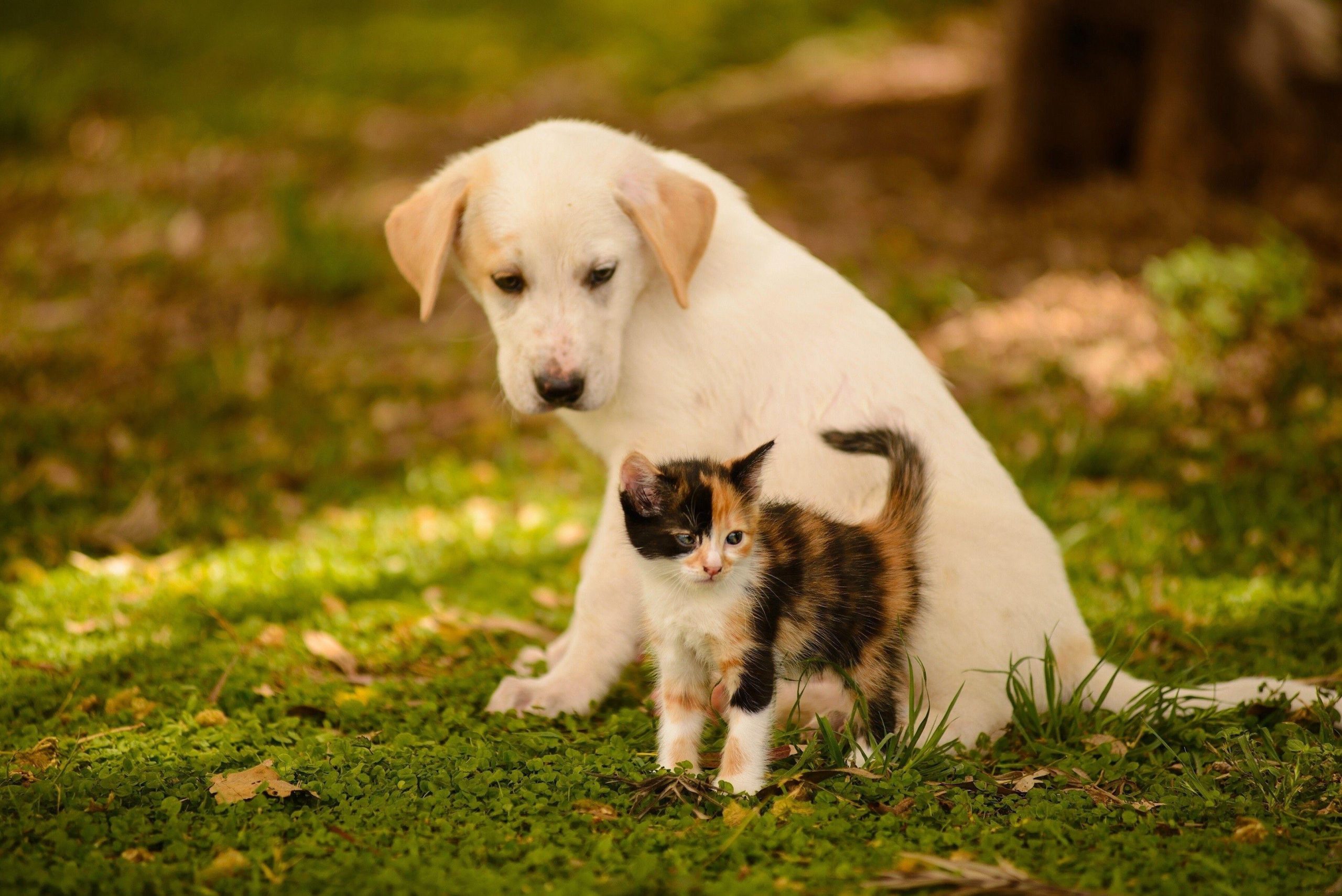If your dog was adopted as an older puppy or adult, you may wonder if they still remember their doggy parents and litter-mates. Scientists are discovering more about the capabilities and limitations of canine memory. What do we know about a dog’s ability to recall their birth family?
While dogs may retain some key social memories from puppyhood as they grow, their memory works a bit differently than our more complex human recollection.
Canine Memory Skills
Dogs do form memories starting at a very young age. From birth, puppies begin soaking up information that shapes their understanding of the world and their place in it. The extent of what dogs recall depends on:
- Age exposed – The earlier in life dogs experience something, the better they remember it. Things learned in the first 2-3 months make the biggest impression.
- Repetition – Dogs remember best what is frequently repeated. For example, doing specific behaviors like sitting to earn treats on a daily basis.
- Association – Coupled experiences form stronger memories. A dog is more likely to recall the human who constantly feeds and pampers them.
- Significance – Impactful or traumatic events tend to leave a lasting mark on memory. For instance, a dog may remember being attacked by another animal.
- Use – Regular retrieval of memories strengthens them. A dog who is walked in the same location daily will remember that route better than sporadic paths.
Understanding the nuances of canine memory can provide insight on what your dog is likely to remember—and forget—from puppyhood as an adult.
Remembering Parents and Littermates
Research indicates puppies begin forming attachments to their mother, litter-mates, and human handlers starting at 3-4 weeks old. Those social memories can persist, but fade in detail over time apart. What may dogs remember?
Mom – A dog is most likely to remember the scent, sound, and sight of their mother who nursed and cared for them. This key attachment figure leaves an indelible memory.
Littermates – The scent and sounds of their siblings will also stick in a dog’s memory, especially if they spent up to 8-12 weeks together.
Humans – Early handling by human caretakers during the critical 3-12 week socialization window leaves an impression. Dogs often remember this person.
Place – Dogs can recall familiar locations from puppyhood based on scent and visual cues. The kennel or room they lived in may seem familiar.
The most social memories will stick the strongest when reunited with parents or siblings later in life. But the passage of time will erode behavioral details once learned together.
Reunions With Parents
When adult dogs reunite with parents or littermates after months or years apart, their interactions speak volumes about what they do and don’t remember:
- Scent recognition – Dogs rely heavily on olfactory memory and will often show immediate interest in the familiar family smell.
- Cautious greeting – Without clear recollection of the exact relationship, initial greetings are usually polite but restrained as they reestablish connection.
- Bond rebuilding – Once reminded of the family bond through play and affection, tight relationships can be readily renewed.
While the separation means dogs may not recall precise details or past interactions, the instinctual bond of family taps into memories deep in their psyche. With some patience, those attachments can be rebuilt.
Forging New Attachments
Unlike humans who often pine for family, dogs are very adaptable when forming new social bonds. As pack animals, they are wired to integrate into new families. This ability to go with the flow and live in the present is a survival necessity for dogs.
What matters most is their current relationships. While your dog may retain some early memories of their first family, they’re fully capable of leaving that behind to give you their whole heart. With love and dedication, you become your adult dog’s family.
Through daily affection, routines, and training you are building new memories together stronger than any from your dog’s distant puppyhood. They are fully invested in you.
Fostering SecureAttachments
While your adopted adult dog may not remember much about their earliest days, some behavioral tendencies get imprinted. Pups separated early from family are more prone to struggles like:
- Separation anxiety
- Fearfulness or shyness
- Excitability and impulsiveness
- Difficulty adapting to new environments
Patience, training, and building confidence through positive socialization experiences can help counteract these vulnerabilities.
By giving your dog the structure, enrichment, and nurturing they need you help them overcome any lasting impacts of losing family ties too soon. Your loyal companion sees you as their family now and for always.
Frequently Asked Questions
How can I tell if my adopted dog remembers their previous owner?
If they lived with someone over 6 months, especially from puppyhood, they likely recall that person. Watch for signs like excitement hearing their voice or scent.
Do mother dogs remember their puppies?
Yes, a mother dog will likely remember the scent of her pups. After weaning, the bond weakens but traces remain, especially if she saw them daily for 8+ weeks.
How do dogs recognize siblings after years apart?
Mainly through scent, which is a dog’s strongest sense. Visual cues and sound of play may also tap into buried memories of their litter.
Can traumatic puppy experiences impact adult dogs?
Yes, dogs can retain lifelong fears or anxieties from mistreatment, abandonment, or lack of socialization in puppyhood. These require extra patience and training.
Why are my dogs still aggressive after being litter-mates?
Related dogs who fight likely didn’t learn bite inhibition as pups. Separate them and slowly reintroduce with positive reinforcement training. Never leave them unsupervised.


